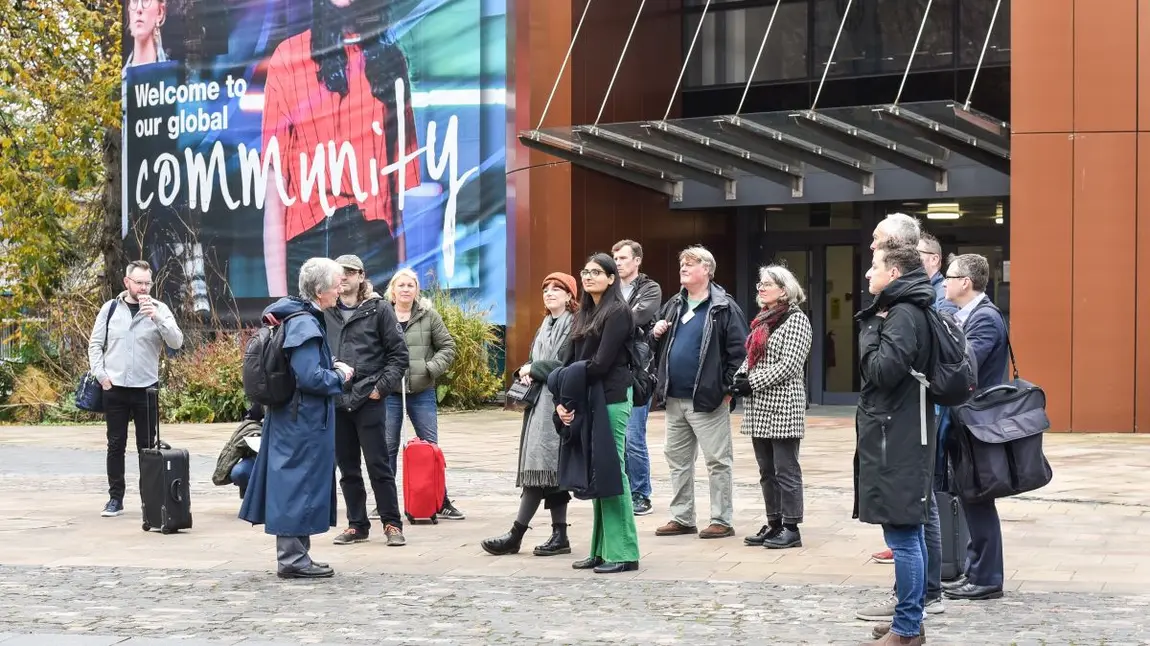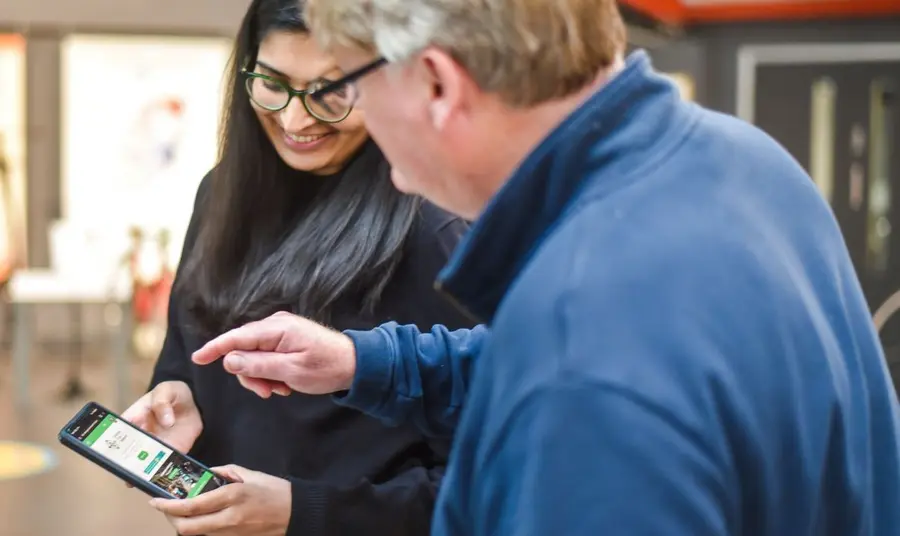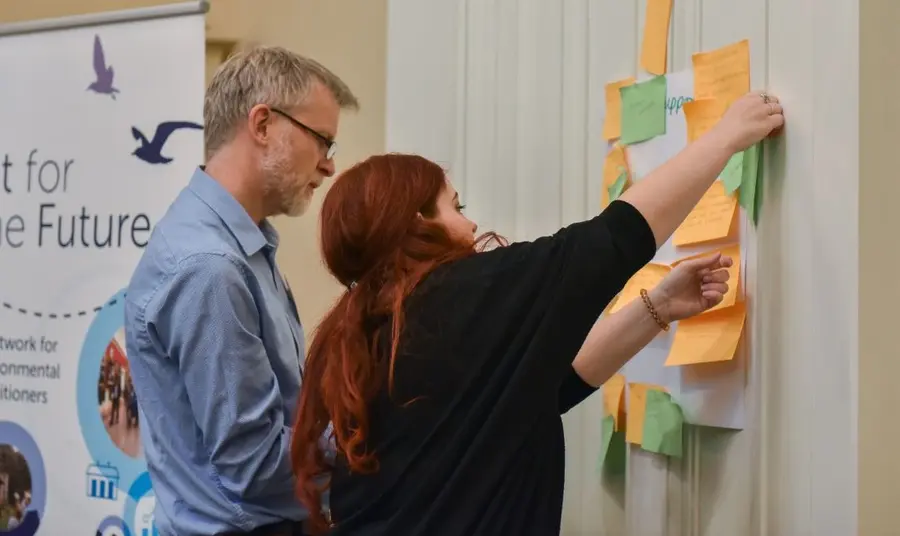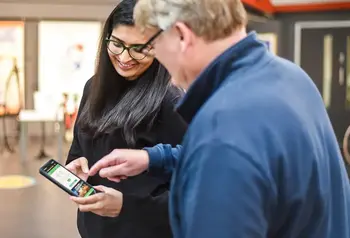How the Heritage Trust Network is bringing the sector together to learn and develop

Page last updated: 9 June 2023
The Heritage Trust Network is a UK-wide membership body for charities, organisations and social enterprises, large and small, involved with rescuing, restoring, reusing and managing historic sites.
Over the past four years, it’s received two Heritage Fund grants totalling more than £460,000 to expand its offer and diversify its membership.
Sharing expertise
David Tittle, Chief Executive of the Heritage Trust Network, explains: “The main way we work is through peer support and peer learning, getting our members together in different ways – usually through online and in-person events – and sharing experiences, hearing from experts and from each other.
“Now – thanks to National Lottery funding – for the first time, we’re looking at doing a more structured learning programme with a cohort of members. We’ve also got an outreach programme to identify different groups that we need to be more proactive in going out to, which is working well.”
Its 730-strong membership is increasingly reflecting that outreach work. It spans traditional heritage organisations, community and arts groups using historic sites, as well as those looking after canals and gardens. It also counts more than 160 students among its membership.
Exchanging skills
In addition – thanks to a £100,000 grant through our Digital Skills for Heritage initiative – it’s recruited 40 young volunteers as part of its Digital Heroes project.
The project is a response to research that shows the heritage workforce is aging and that young people find it difficult to get work or experience in the sector. It’s pairing digital volunteers (aged 18-30) with organisations who lack digital capacity.
Claire-Rose Canavan, Digital Heroes Project Manager, says: “Our members have had really positive experiences. They’ve been able to do things that they couldn’t do on their own – like data analysis, making 3D models and improving their social media and websites – and learned skills from the volunteers.
“And the volunteers have gained work experience for their CVs, improved their own digital skills and been supported with training, equipment and travel costs.”
Tips and resources
There are four themes which consistently generate discussion and requests for support among Heritage Trust Network members.
We asked David to share his top tips and links to further resources:
- Finance: “Become an Excel whizz (or recruit one as a trustee or volunteer) and create a model of how your organisation works as a business. It will enable you to test scenarios, respond to change and create better budgets for funding applications.”
- Inclusion: “We all know we have to provide a warm welcome to everyone and remove physical and digital barriers, but it shouldn’t stop there. Inclusion often also requires us to reach out, develop partnerships and do joint projects with diverse organisations.”
- Governance and succession planning: “First make sure that being a trustee of your organisation is straightforward and enjoyable. Then advertise trustee positions like jobs, and really sell the opportunity. Getting on Board and Young Trustees Movement provide great advice and resources to diversify boards.”
- Environmental sustainability: “We work with Fit for the Future to help our members access advice on becoming more energy-efficient and addressing climate change. But we shouldn’t beat ourselves up too much about our leaky historic buildings. By saving existing buildings we are retaining embodied carbon and challenging the ‘demolish and rebuild’ paradigm.”
Get involved
Find more resources and membership details on the Heritage Trust Network website.
If you’re interested in using your digital skills to help heritage organisations, register your interest in the Digital Heroes volunteering programme by emailing claire-rose.canavan@heritagetrustnetwork.org.uk.
And if you think our funding could help your organisation put some of the Heritage Trust Network’s resources into practice, explore how we can support you.




